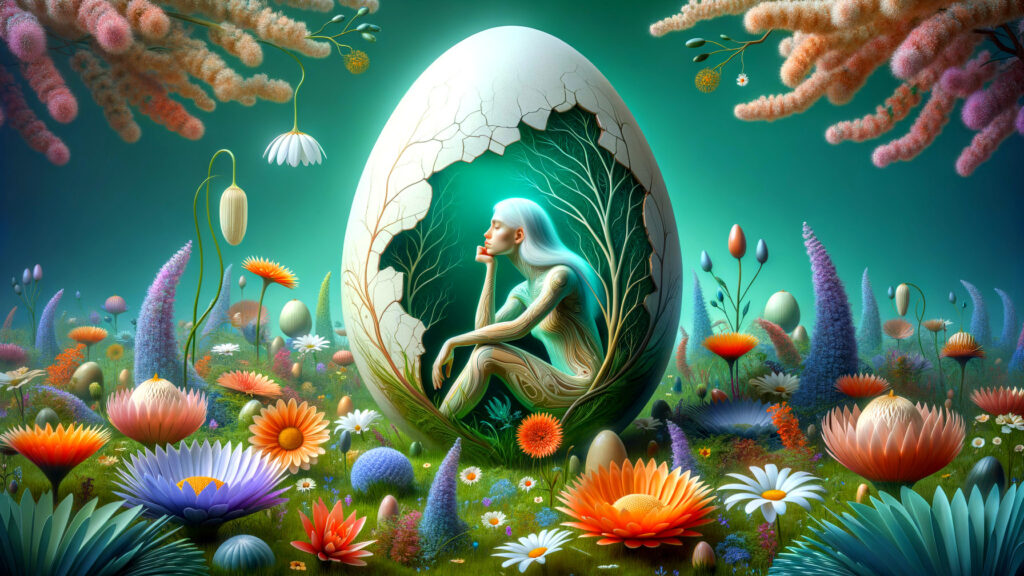I came across a post about AI recently, and it reminded me way too much of when the world went through digitalization — especially here in Norway. Libraries were afraid that books would go out of fashion. Newspapers feared their downfall as people found it easier to access information online instead of reading print. Cinemas thought they would die out because downloading movies from places like The Pirate Bay had become a new hobby, and people stopped going to theaters.
I’m not saying it was easy for them, but everyone had to adapt to the different challenges brought by technological development. Even web designers complained when Dreamweaver made it possible for “everyone” to build their own websites without needing to code. Everything new was constantly seen as taboo.
Today, there are very few photographers who don’t use software to edit their photos. Cinemas had to step up and start releasing movies faster instead of waiting a year after the premiere in other countries. News outlets have rebuilt their subscriber bases through digital platforms. And web designers today are way more productive with the tools they have than when coding everything manually was the only option.
When it comes to art, many artists thought pens, paper, and brushes would disappear when Adobe made its breakthrough. Back in the 90s, creating digital art was almost taboo. Still, to this day, people all around the world paint their own versions of The Scream and Madonna in classrooms — copying old masters to learn essential techniques. I can’t even count how many paintings I created when I was young just to understand canvas painting, and how many reproductions our teachers had us make to learn about art properly.
AI is simply the next step in this evolution. But there are still far too many bugs and limitations, making it important for users to remember that the information provided by AI cannot always be taken for granted as correct. Still, I believe AI could offer free education while you’re sitting at home, bored — rather than paying for expensive online courses!
People were just as afraid of losing their jobs back in the 1990s when digitalization first entered Norwegian homes. And honestly, I wonder why? Humans have the ability to create new things continuously. We can adapt to our surroundings just as much as we can shape them. Yet instead of learning from past fears, we seem to carry them with us from generation to generation.
I love new ideas, new technology, and history. These three fields show us that people need to be pushed sometimes; otherwise, we would probably still be living in caves (no offense to anyone!). We fear that technology will replace us, but instead of fearing it, we need to make ourselves irreplaceable — stay curious, stay adaptive, and use technology to move forward and upward.
That’s how I see it.
We shouldn’t fear new technology the same way people once feared doctors 400 years ago — doctors who were trying to heal people and save lives.
